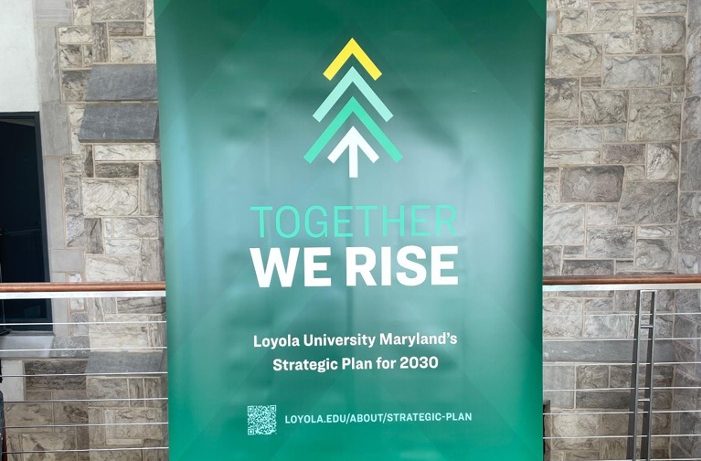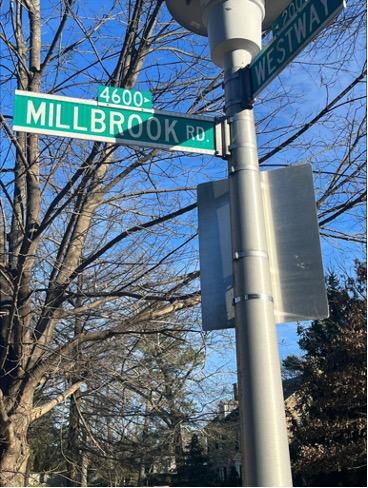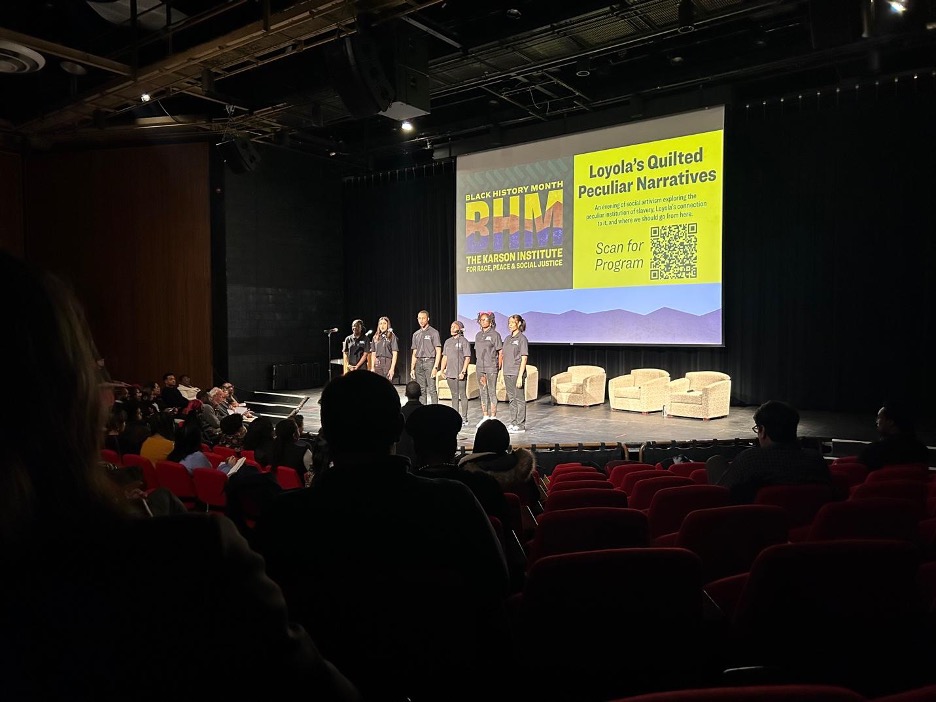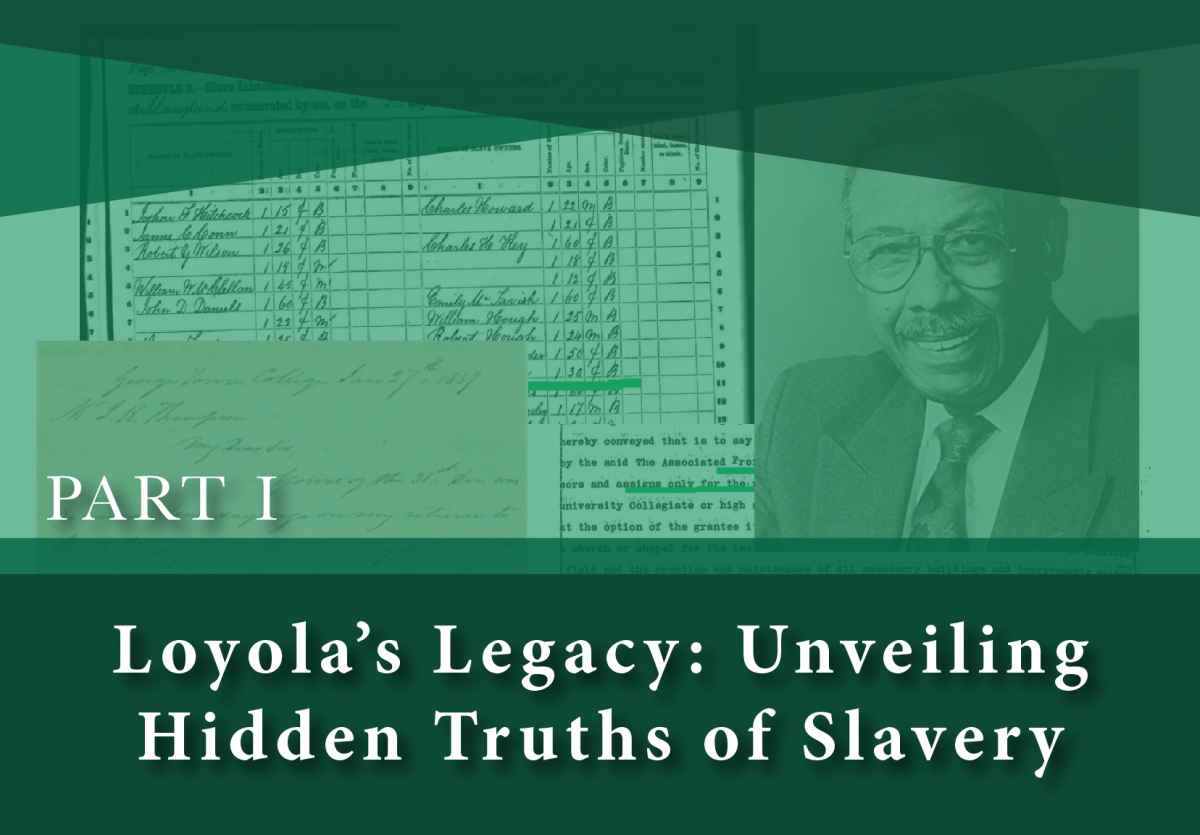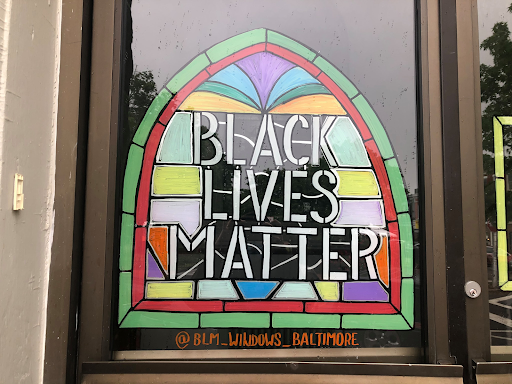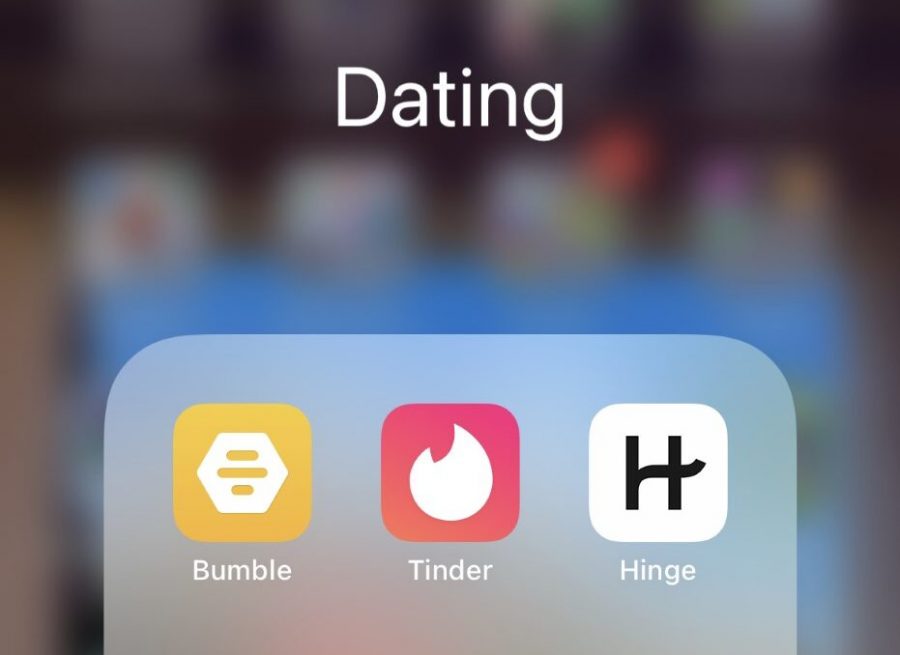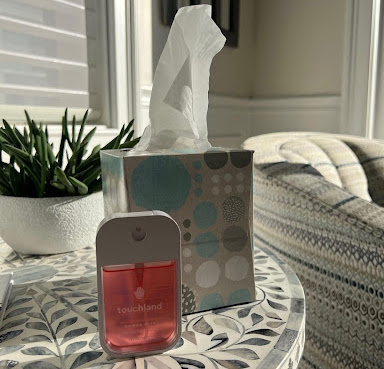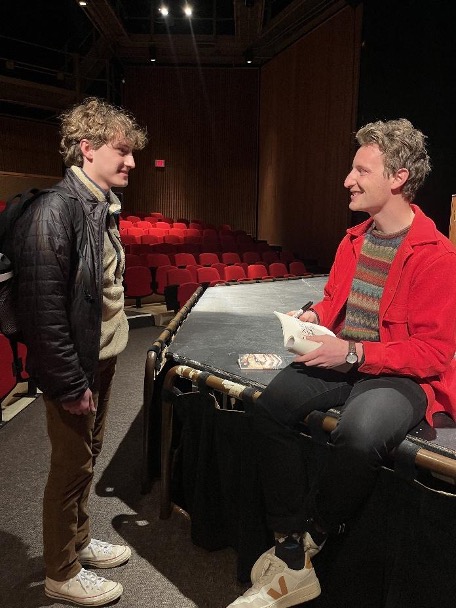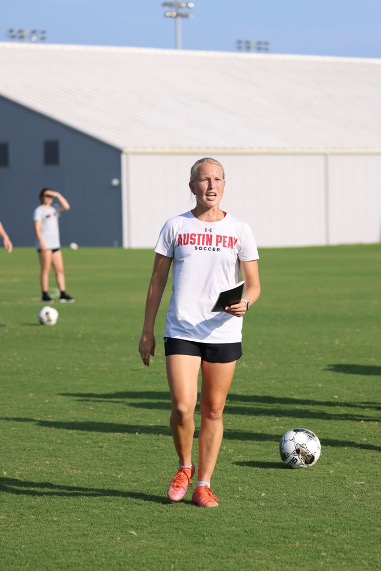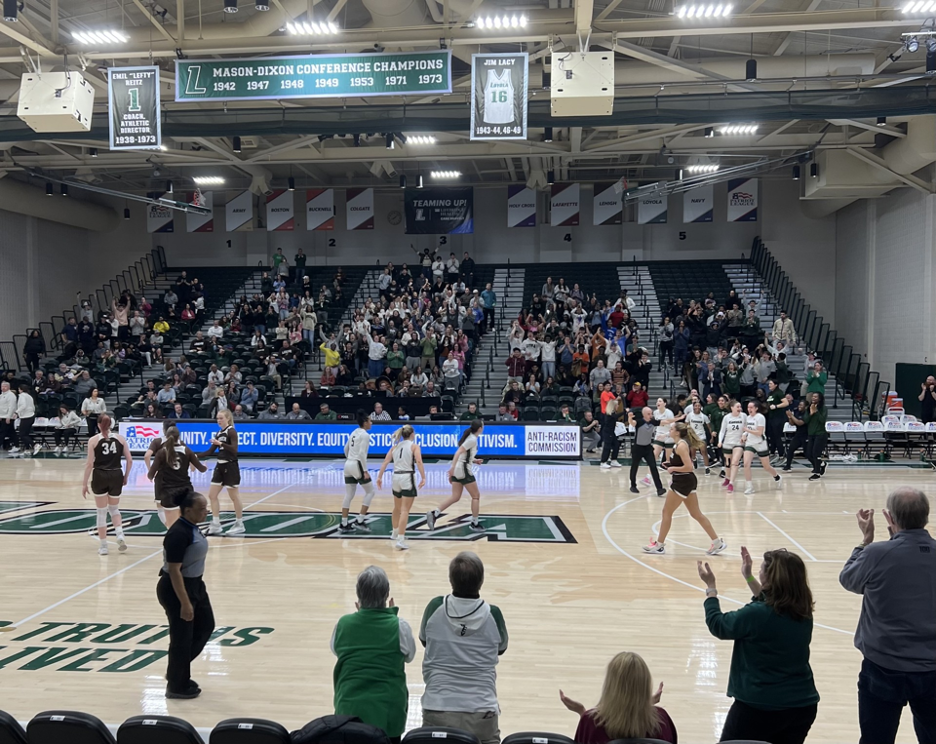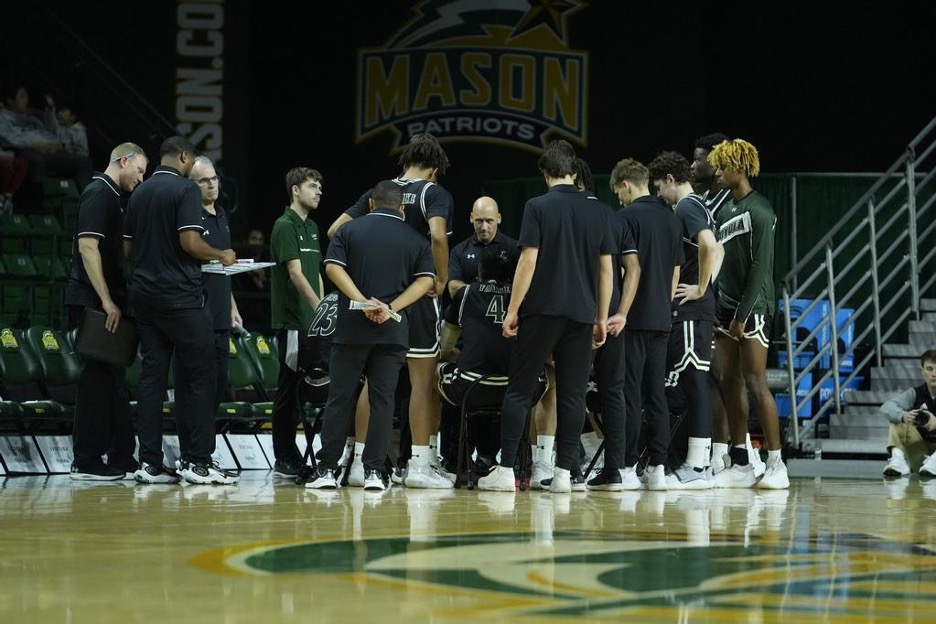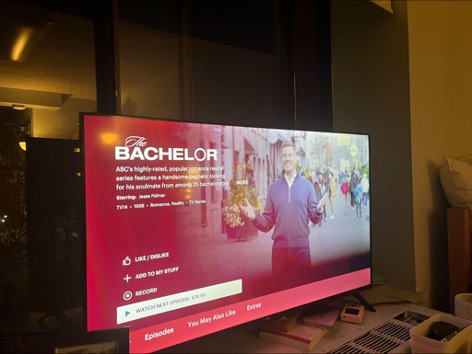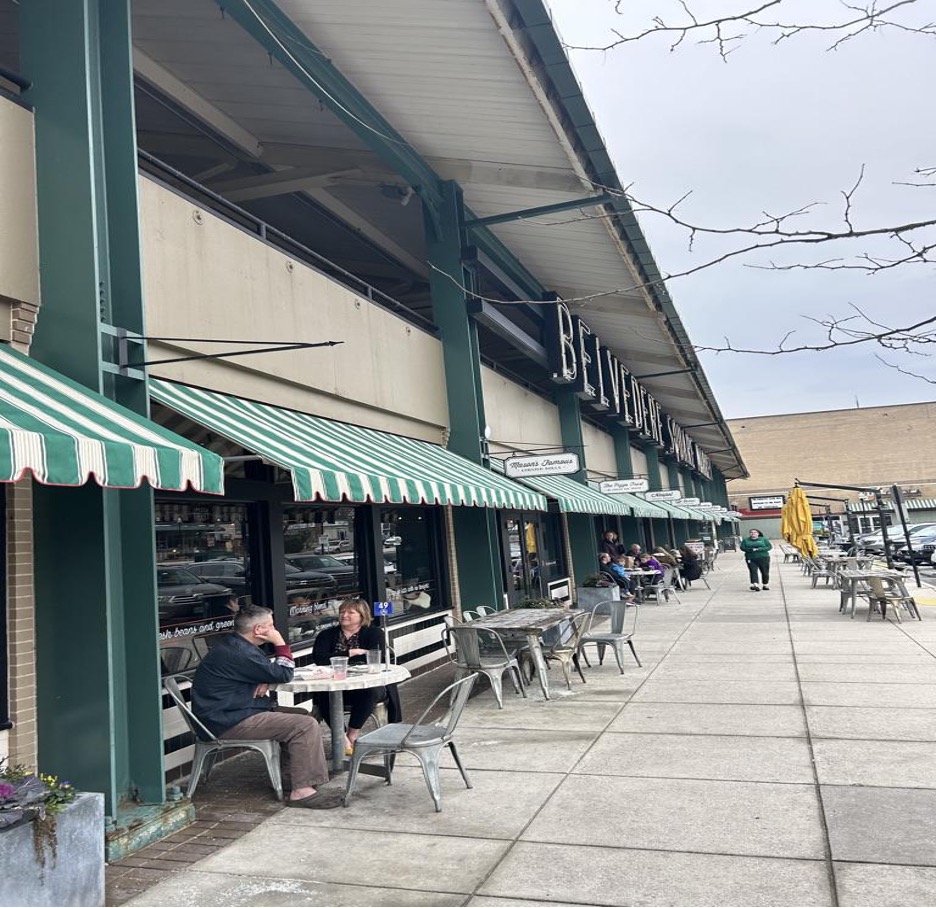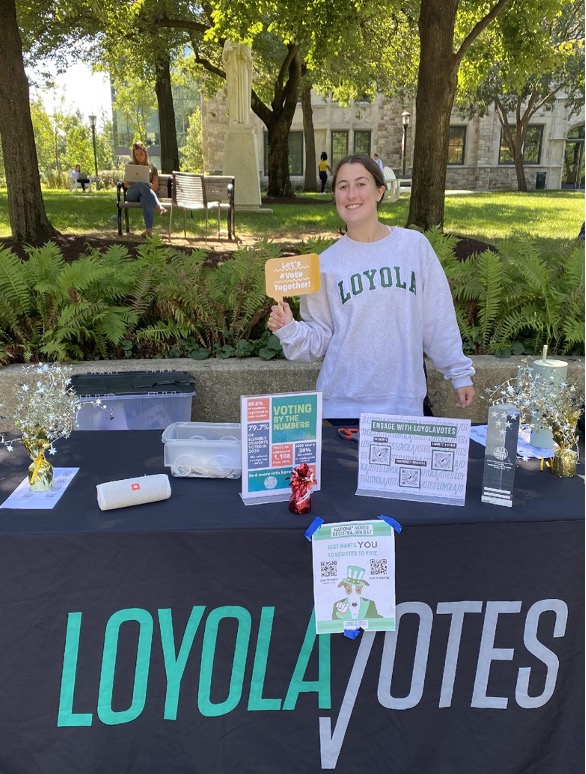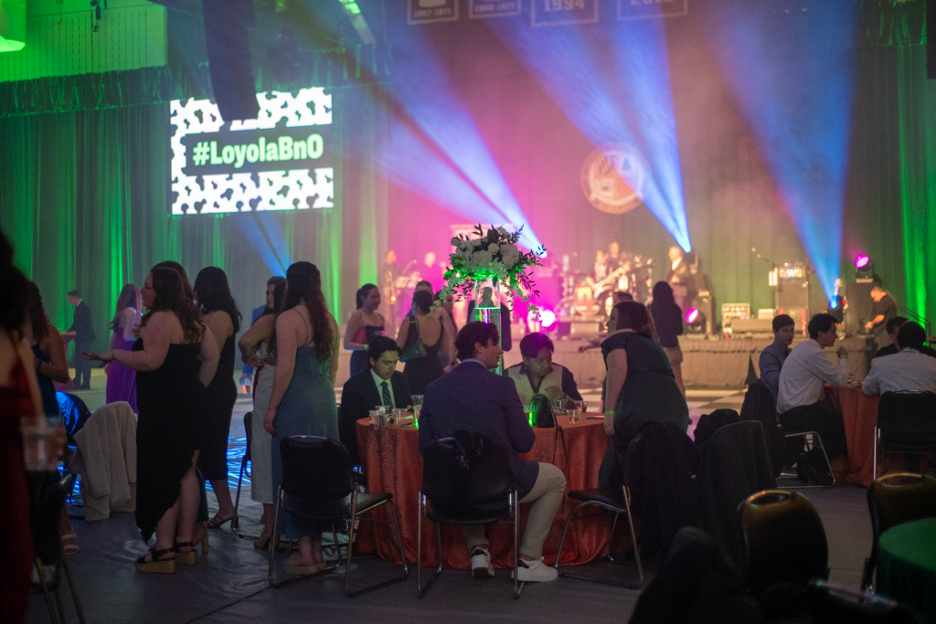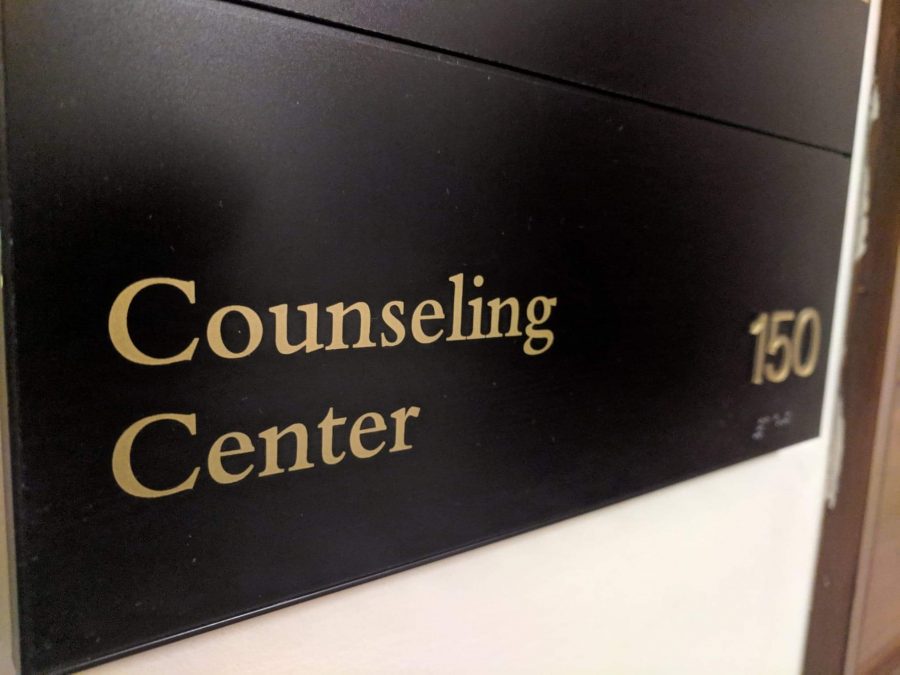The Counseling Center has a mixed reputation on Loyola’s campus. Some students report high satisfaction and positive experiences while others have given up on the Counseling Center due to unsatisfactory treatment.
Mental Health America highlights the transition to college saying, “A new environment outside the familiarity of home can create overwhelming and stressful circumstances.” Lauren Redford*, a junior psychology major at Loyola, visited the Counseling Center her first year because of the rough adjustment to college. Redford, whose anxiety caused her to go to seek help, is frustrated with the way the Counseling Center handled her situation.
The campus resource may use referrals to get clients in contact with professionals in the area that are in a position to help. The Counseling Center initially referred Redford to a woman in the area to help with her anxiety, but the arrangement did not last. “Absolutely horrible,” said Redford of the experience. “[The Counseling Center] ended up taking her off the reference list.” Redford avoided outsourcing after that. She then turned to one-on-one sessions at the Counseling Center.
During these sessions, Redford said her counselor “was just there nodding, not saying anything, not being helpful. “He didn’t effectively express empathy, which is what someone in my situation needed.”
Redford was put into group sessions after four one-on-one sessions. She did not feel comfortable with this decision and ended up tackling her problem on her own. Redford is not the only one who was left unsatisfied by the Counseling Center.
Rachel Jacobsen ‘20, who studied abroad in Osaka, Japan, said that the transition to living in Japan was very stressful and was the main reason she contacted the Counseling Center.
Jacobsen said, “The culture is very different, and so you feel this incessant pressure to not offend people.” On top of this pressure not to offend is the challenge of not knowing exactly what will offend people. Jacobsen said she was there “to learn and to gain this new perspective, and not being able to seamlessly do that was really, really stressful.”
Jacobsen turned to the Counseling Center in order to explore her options and deal with her stress. After telling the Counseling Center how she was feeling, Jacobsen was told that her advisor and the International Programs Office had been contacted.
Jacobsen said, “Instead of respecting my privacy or respecting my ability to make my own decisions, they just took it upon themselves to spread my name around.” Jacobsen said the Counseling Center was “trying to go through the motions to feel like they were covered. It felt to me like [they didn’t] want to be responsible if [I got] upset abroad. That was a real breach of trust.”
Margaret Meyers ‘19 has a different, trusted relationship with the Counseling Center.
Meyers said, “I recommend the Counseling Center if a student is in need of a trusted professional source.”
In Meyer’s experience, the Counseling Center created a trusting and personal space for her. In her individual therapy sessions, she recalled being very satisfied.
“My counselor did a great job getting to know me on a personal level,” said Meyers. “This made me feel much more comfortable. My counselor [took] some time to actually evaluate my intake form and was able to meet me where I was at — at both an intellectual and emotional level.”
Meyers’ experience is exactly the one the Counseling Center wants to provide. The website for the Counseling Center says, “Our counselors provide safe, supportive, and caring relationships.”
Aaron Barnes, a staff psychologist at the Counseling Center and the coordinator of LGBTQ+ Services and Public Health, emphasized the importance the Counseling Center puts on relationships.
“I’m not just a counselor. My role is to connect [with students] and help students be successful.” Meyers said. “I always say this to all my clients: ‘Know that I’m here. I’m here to support you.’”
Barnes spoke about his roles on campus, the hats he wears, and the initiatives he runs. Barnes’ job includes public outreach — like last year’s sleep campaign — but he understands that outreach can only do so much.
“Ultimately, it’s a self-elected service,” said Barnes. “So I can’t make someone come in. Sometimes we’re just not ready. My job sometimes is to plant a seed of ‘I’m here. I can help you. Whenever you’re ready, I’ll be here.’”
As a university psychologist, Barnes worries about students who might fall through the cracks or not get the help they need.
Barnes explained what happens when students do not come back to the Counseling Center. “We don’t always know exactly why students don’t always follow up, but we do our best to reach out as much as possible when a student doesn’t return for a follow-up session. I would email them usually two to three times — it kind of depends on the concern.”
Barnes has accepted some of the limitations of his job. “We are not able to provide remote services. That’s one ethical thing that we have to be careful about,” he said while thinking about providing services to students abroad. Barnes said that while solutions are being looked into, they cannot legally provide remote services. He does, however, suggest that students can prepare for abroad by visiting the Counseling Center.
“Life is unpredictable, so we can’t plan for everything that will happen,” said Barnes. “Hopefully, they’ll come see us before they go, and we make a plan.” While that plan might not be perfect, the hope is that it can serve as a valuable resource for the student.
The Counseling Center also aims to keep improving and to track its progress through surveys that evaluate the effectiveness of services provided.
Barnes said, “We can say with a lot of certainty that students get better because that’s what the data shows us.” Although no service is 100% perfect, the Counseling Center’s data shows that the majority of experiences are effective. Even for those whom the Counseling Center didn’t necessarily help, there is still value in the service.
Despite her poor experience, Redford said, “If someone is struggling, I do still try to get them to go to the Counseling Center.” Especially for serious issues, Redford still thinks the Counseling Center is a good resource to have.
Redford is not alone in recommending the Counseling Center. According to the Counseling Center’s statistics for 2017-2018, over 99% of students who used the Counseling Center’s services would recommend the Counseling Center to a friend with similar problems. The same percentage of students reported being satisfied with their experiences at the Counseling Center.
Margaret Meyers says she would not only recommend the Counseling Center to her friends, but to all Loyola students that might want help.
“I think that the Counseling Center is a great confidential resource that is free. Students should take advantage of it while they are at Loyola.”
*Names changed for confidentiality and privacy.
Feature Image: Courtesy of the Counseling Center and Sean Mizoguchi ’20.




